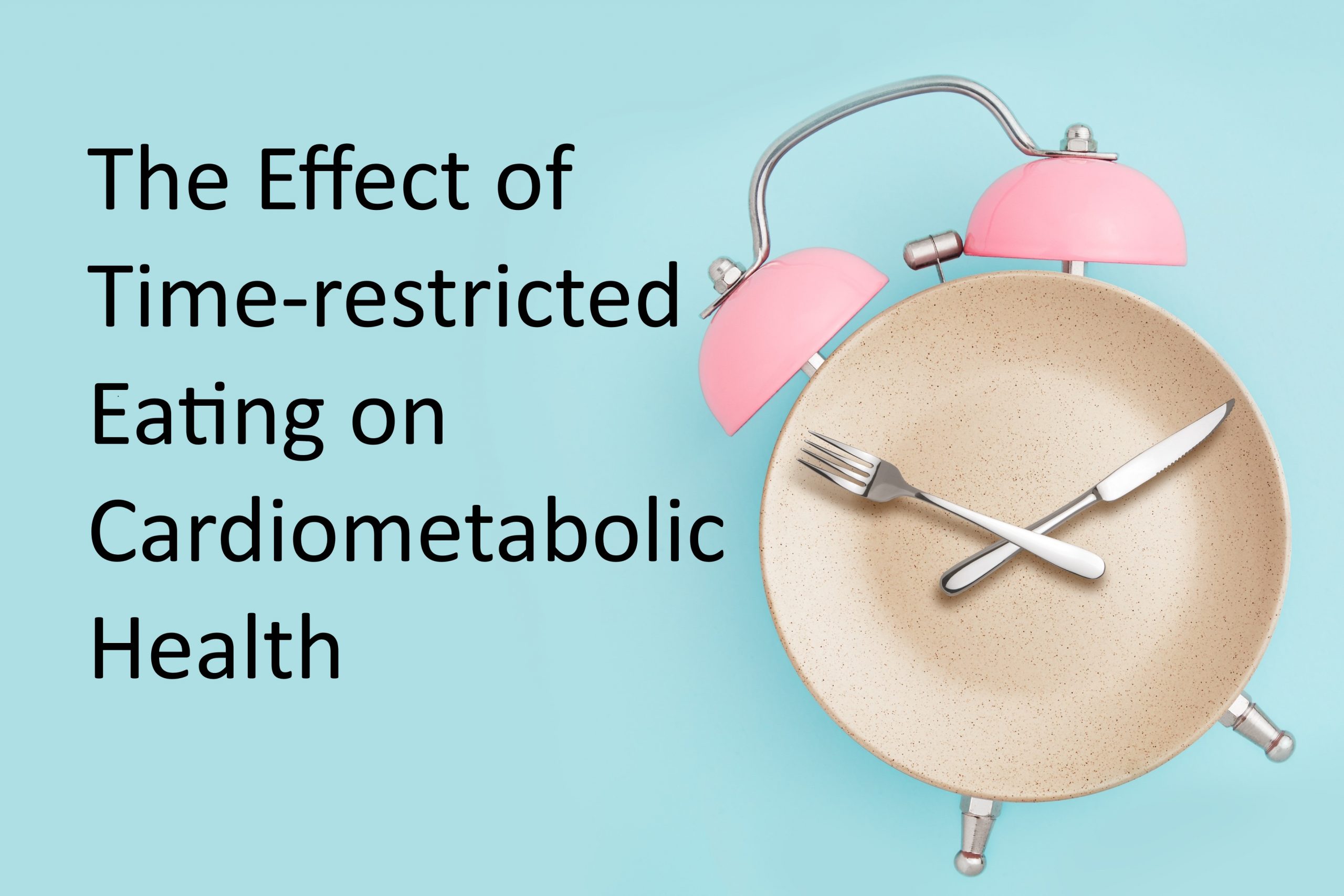A Study of Time-Restricted Eating on Heart Health & Metabolism

Dr. Maria Chondronikola is conducting a research study on the role of time-restricted eating in metabolic health.
The number of people with obesity, diabetes, and heart disease has increased in the UK and worldwide. Over the last few decades, not only the number of calories consumed daily has been increased, but there have also been changes in meal timing (when and how often we eat). Changes in meal timing may explain the high number of people with obesity, diabetes, and heart disease.
Time-restricted eating (TRE) is a nutrition and lifestyle approach in which people eat all their food for the day during a 6-10-hour window and without eating any other food or beverage that contains calories for the rest of the day.
The purpose of this study is to discover whether meal timing affects risk factors for developing diabetes and heart disease. It could also help us develop better ways to improve quality of life and well-being.
Questions that this study will answer.
Does meal timing affect:
- the way our bodies remove lipids and sugars from the blood?
- the ability of skeletal muscle to process nutrients for energy production?
- the ability of your adipose tissue to store circulation nutrients?
- the time keeping mechanisms in your body?
This is not a weight loss study. Participants will be asked to maintain their weight stable during the study and they will receive information on healthy nutrition.
